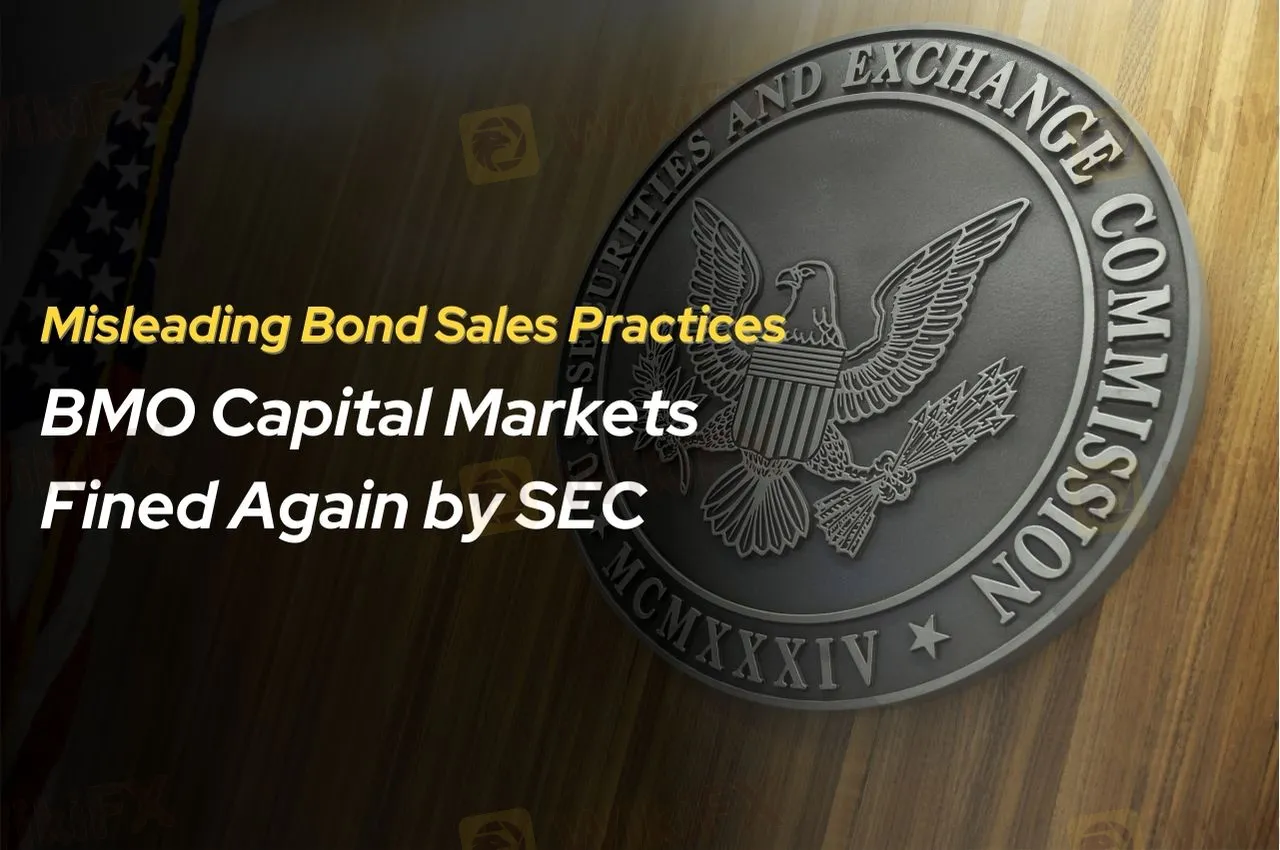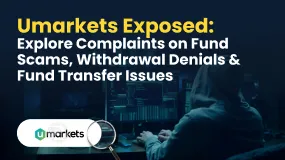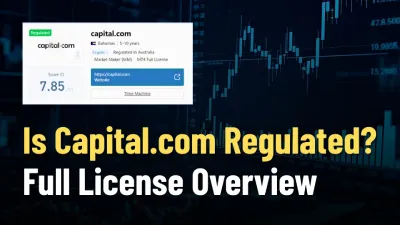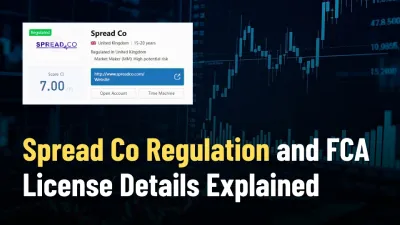Misleading Bond Sales Practices: BMO Capital Markets Fined Again by SEC
Abstract:BMO Capital Markets faces another SEC penalty, adding to its history of regulatory scrutiny and financial sanctions.

In January 2025, BMO Capital Markets faced a significant penalty from the U.S. Securities and Exchange Commission (SEC) for failing to supervise employees who misrepresented mortgage-backed bonds over a two-and-a-half-year period, from December 2020 to May 2023. According to the SEC‘s findings, BMO representatives structured mixed-collateral bonds backed by residential mortgage pools. A small percentage of higher-interest mortgages was strategically included, causing third-party data providers to generate inaccurate metrics about the bonds’ overall composition. These misleading metrics were then provided to customers.

Despite apparent inaccuracies, BMO failed to establish appropriate supervisory policies or procedures to ensure accurate representations of these bonds. Over this period, $3 billion worth of these so-called “Agency CMO Bonds” were sold under misleading conditions. This behavior was found to violate Section 15(b)(4)(E) of the Securities Exchange Act of 1934, which mandates the reasonable supervision of registered representatives. As part of the settlement, BMO agreed to pay over $40 million, including disgorgement, prejudgment interest, and civil penalties, and the SEC established a fair fund to distribute these payments to affected investors.
The recent incident is not the first time BMO Capital Markets has faced scrutiny and penalties from the SEC. The firms regulatory history includes several notable violations over the years. In 2019, BMO was penalized twice. The first penalty, amounting to over $3.9 million, was related to the improper handling of pre-released American Depositary Receipts (ADRs). The SEC discovered that BMO provided ADRs to brokers without ensuring that corresponding underlying shares were deposited, enabling short-selling and potential market manipulation.
Later that year, in September 2019, the SEC fined BMO $1.95 million for failing to provide accurate “blue sheet” data. This information, critical for investigating potential market abuses, was found to contain errors that impaired the SECs enforcement efforts.
More recently, in August 2023, BMO was fined $25 million for failing to preserve records of employee communications conducted on personal devices. This violation was part of a broader industry-wide enforcement effort targeting poor record-keeping practices.
Read more

umarkets Exposed: Explore Complaints on Fund Scams, Withdrawal Denials & Fund Transfer Issues
Does umarkets ask you to pay an additional fee for withdrawal access? Is your trading experience with umarkets full of losses?Struggling to transfer funds from your forex trading account? Have you had to face manipulated fees and reduced payouts? Does the customer support team fail to address your trading queries? These trading issues have become increasingly common for traders here. In this umarkets review article, we have shared multiple complaints against the broker. Take a look!

Is Capital.com Regulated? Full License Overview
Capital.com is regulated by ASIC, FCA, CYSEC, UAE SCA Bahamas SCB. Explore its licenses and broker trustworthiness.

Spread Co Regulation and FCA License Details Explained
Spread Co is FCA regulated under license 446677 as a Market Maker in the UK, offering spread betting and CFD accounts.

Robinhood Expands into Indonesia with Buana Capital Acquisition
Robinhood accelerates its expansion into Southeast Asia with the acquisition of Buana Capital, paving the way for Robinhood crypto trading in Indonesia.
WikiFX Broker
Latest News
Is Tauro Markets Safe? A 2025 Deep Look into Its Risks and Openness
QuickTrade Review: Multiple Reports of Account Freezes and Login Failures by Users
The TikTok Scam That Cost a Retiree Nearly RM470,000
The "Arbitrage" Accusation: How Winning Trades Turn Into Account Reviews at ACY Securities
IC Markets Formula 1 Partnership Debuts at Abu Dhabi GP 2025
Tag Markets Exposed: Withdrawal Issues, Inflated Spreads & Market Manipulation Concerns
Inside the BSN Scandal: Bank Officer Stole Over RM11 Million from Victims
Trading Knowledge is Wealth! Take the Daily Quiz Challenge and Win 1,000 Points!
Is Capital.com Regulated? Full License Overview
umarkets Exposed: Explore Complaints on Fund Scams, Withdrawal Denials & Fund Transfer Issues
Rate Calc


